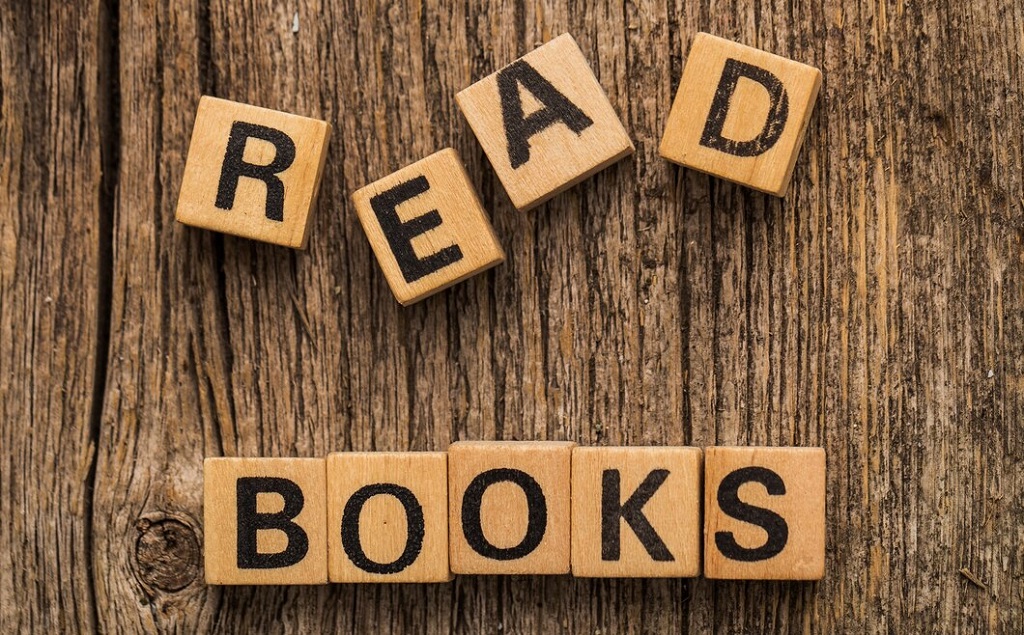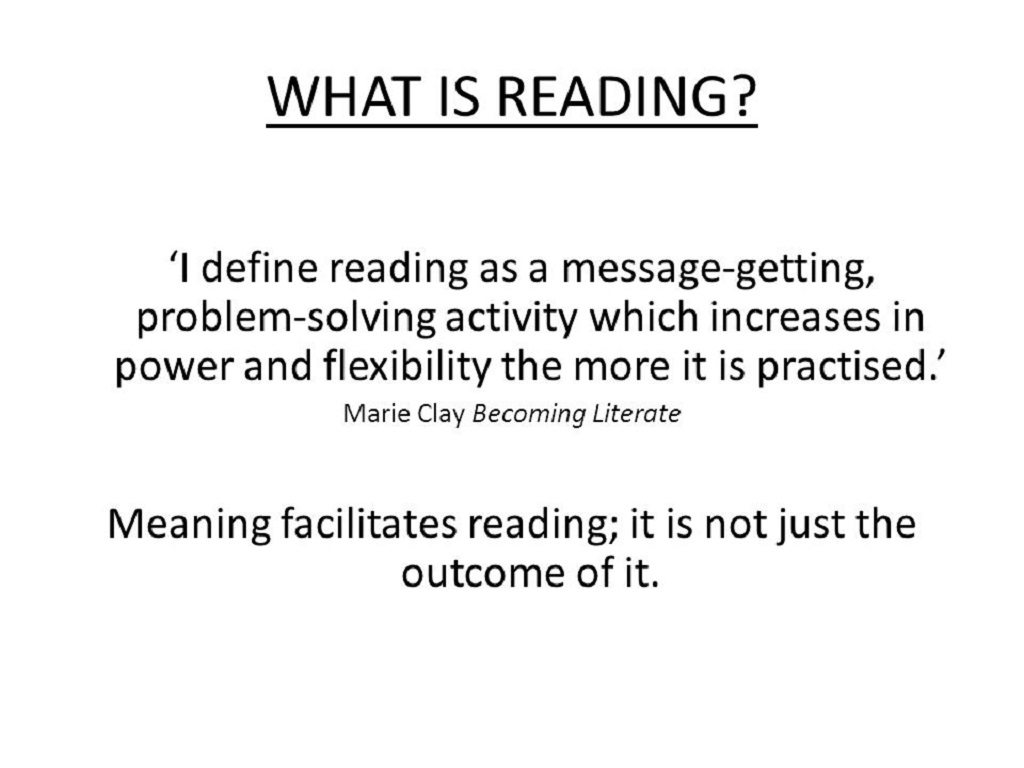
09 Aug What is the Definition and Meaning of Read?
Have you ever wondered about the true essence of reading? It’s a simple act that we do almost every day, but have you ever taken a moment to reflect on what it really means to read? In this article, we will dive into the definition and meaning of reading, exploring its significance, benefits, and the different forms it can take. So, let’s embark on this journey of exploration to unravel the beauty of reading. This content is brought to you by Dldxedu.com.
The Essence of Reading
Reading is more than just deciphering words on a page. It is an immersive experience that allows us to comprehend and assimilate information, stories, and ideas from the written word. Reading stimulates our imagination, broadens our knowledge, and enhances our understanding of the world around us. It is a gateway to new worlds, ideas, and perspectives.
Defining Reading
Reading can be defined as the cognitive process of decoding written symbols to understand their intended meaning. Reading skills definition involves recognizing letters and words and comprehending the context and ideas conveyed by the author. Whether it’s a captivating novel, a thought-provoking essay, or an informative article, reading enables us to interact with the thoughts of others across time and space.
The Importance of Reading
Reading is an essential skill that serves as the foundation for learning and personal growth. It opens up doors to knowledge and allows us to stay informed in an ever-changing world. Moreover, reading sharpens our critical thinking abilities, enhances vocabulary, and improves communication skills. When considering the importance of education to a child, reading takes on a pivotal role. It not only equips children with the tools they need to access information but also nurtures their curiosity and cognitive development. Through reading, children not only gain knowledge but also develop the skills to analyze, interpret, and engage with the world around them, setting a strong foundation for their lifelong learning journey.
The Joy of Reading
Beyond its cognitive benefits, reading offers a unique pleasure and escape from reality. Engaging in a compelling story can evoke a range of emotions, from laughter to tears, and transport us to different eras and dimensions. The joy of reading lies in the connections we form with the characters and the thrill of anticipating what happens next.
Forms of Reading
Reading is a versatile activity that takes various forms. From traditional printed books and newspapers to digital e-books and online articles, we have many options. Audiobooks offer an auditory experience for those who prefer to listen while commuting or doing other tasks. Each form of reading has its charm and benefits, catering to diverse preferences.
Reading and Imagination
When we read, our minds become a canvas, and the words are the paintbrush that colors our imagination. A well-written book can transport us to distant lands, vividly depicting places we have never been and people we have never met. Through reading, our creativity flourishes as we fill in the gaps with our interpretations and envision the story unfolding in our minds.
Reading and Empathy
Reading can foster empathy by allowing us to step into the shoes of characters with different backgrounds, experiences, and beliefs. By empathizing with the struggles and triumphs of fictional characters, we can develop a deeper understanding of real-life human emotions and behaviors. This empathy can lead to greater compassion and tolerance in our interactions with others.
Reading and Self-Reflection
As we read, we often find ourselves relating to the characters’ experiences or the lessons conveyed by the author. These reflections let us gain insights into our lives, beliefs, and values. Reading can be a form of self-discovery, prompting us to question our assumptions and grow as individuals.
Reading and Knowledge
Knowledge is a treasure that grows with reading. Whether we’re delving into scientific research, historical accounts, or philosophical musings, reading expands our intellectual horizons. It equips us with information that empowers us to make informed decisions and contribute meaningfully to society.
Reading and Technology
The digital age has revolutionized the way we read. E-books, audiobooks, and online articles have made literature more accessible. Technology has made reading convenient and opened up new avenues for interaction, such as online book clubs and virtual author discussions.
Conclusion
Reading is not merely a hobby but a transformative journey that enriches our minds and souls. It sparks our curiosity, fosters empathy, and fuels our imagination. Whether we read for pleasure, knowledge, or personal growth, the act of reading connects us to a vast sea of human experiences and ideas.
FAQs
Q: Is reading only limited to books?
A: No, reading can take many forms, including e-books, audiobooks, articles, and more.
Q: Can reading fiction improve empathy?
A: Yes, reading fiction allows us to understand and empathize with diverse perspectives.
Q: What are the benefits of reading regularly?
A: Regular reading improves vocabulary, cognitive function, and knowledge retention.
Q: How can I make reading a habit?
A: Start with short reading sessions and gradually increase the duration. Find genres that interest you.
Q: How does reading contribute to personal growth?
A: Reading exposes us to new ideas and perspectives, fostering intellectual and emotional growth.


No Comments